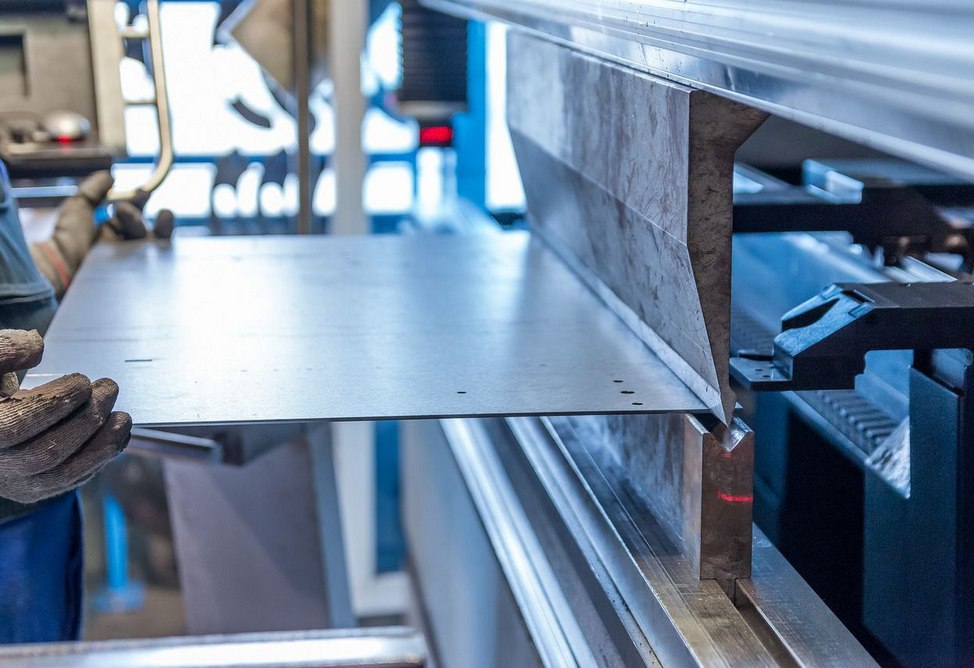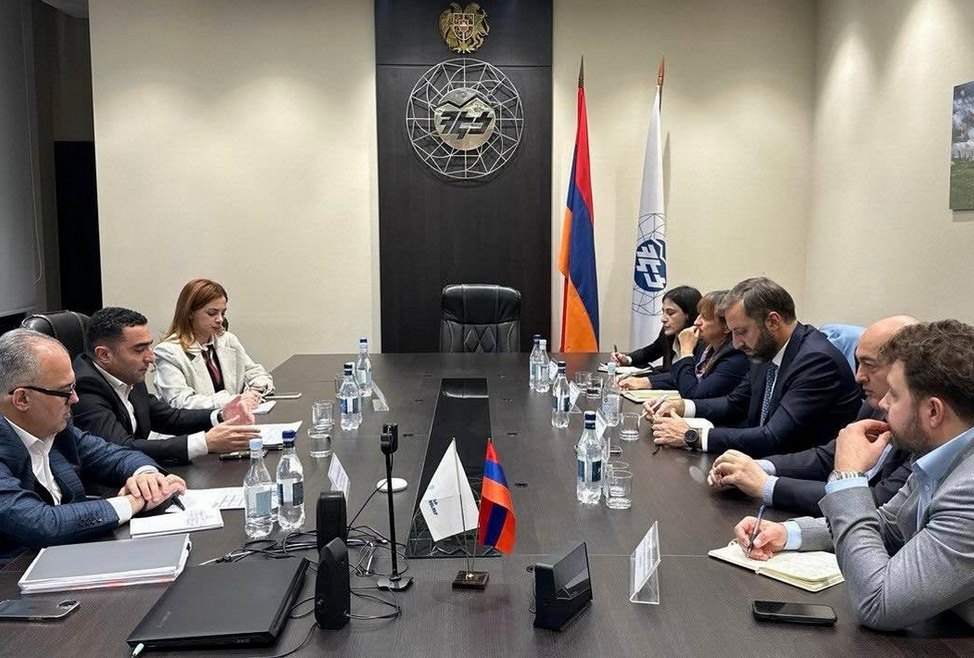Armenia to Double Basic Duty for Heavy Industry Production Licenses

YEREVAN, November 11. /ARКА/. The Armenian parliament is currently reviewing a legislative proposal aimed at increasing the state duty for the issuance of heavy industry production licenses from the existing 29-fold basic rate to 55-fold. This bill has been introduced by MPs Sergey Bagratyan and Narek Ghahramanyan.
"The motivation behind the development of this bill is to promote heavy industry, which is regarded as a priority sector, as well as to regulate the production and domestic trade of strategically significant goods, such as ferrous metals," Bagratyan stated during the parliamentary session on Tuesday.
He further explained that to enhance the production of goods with higher added value and to ensure the domestic consumption of raw materials, as well as to encourage local recycling of ferrous and non-ferrous scrap metals and the recovery of metals from waste, the government has opted to prohibit the export of ferrous and non-ferrous scrap and waste.
Additionally, the export of certain ferrous metal products that are characterized by simple designs and low added value has been restricted.
Babken Tunyan, Deputy Chairman of the National Assembly Committee on Economic Affairs, also mentioned that a meeting was convened with representatives from manufacturing and importing companies regarding this matter.
He expressed confidence that the investment sector would not be adversely affected by the proposed amendments, asserting that the suggested solutions are adequately balanced to facilitate smooth operations.
"Otherwise, we could face a scenario where local producers halt their activities, resulting in job losses and an increase in prices for imported goods," Tunyan remarked.
Deputy Minister of Economy Edgar Zakharyan, on his part, indicated that approximately 240,000 tons of heavy industry products were sold in 2023, with 251,000 tons sold in 2024, and 231,000 tons in the first nine months of 2025. Out of this total, 130,000 tons were imported in 2025.
"Currently, three enterprises producing finished products are operating in this sector, and a fourth enterprise will begin production by the end of the year," Zakharyan noted.-0-



